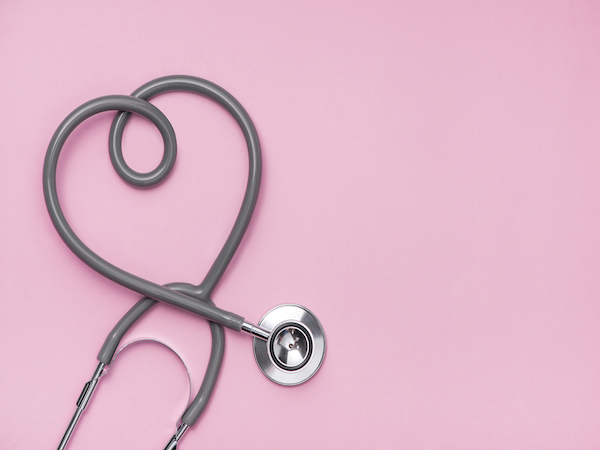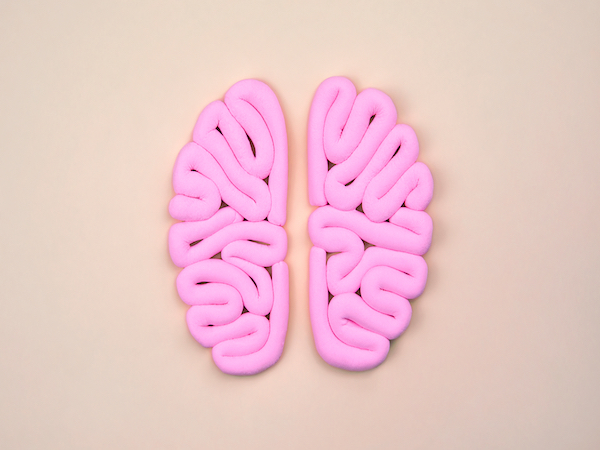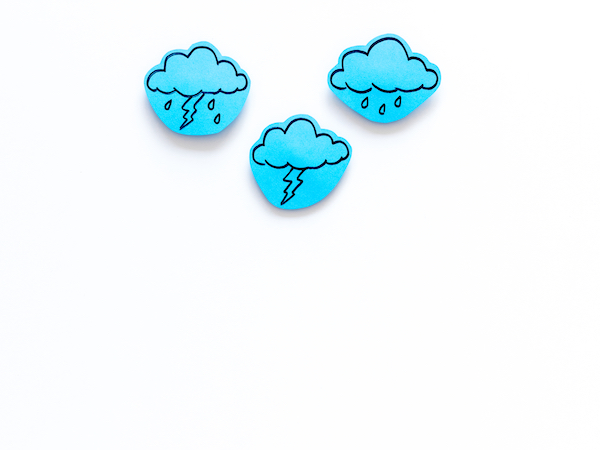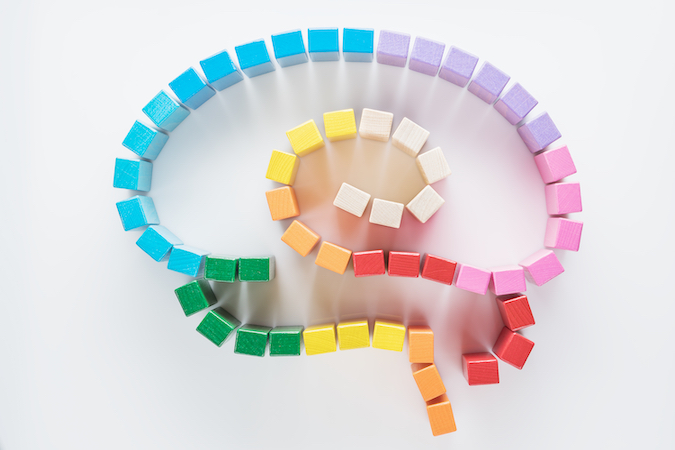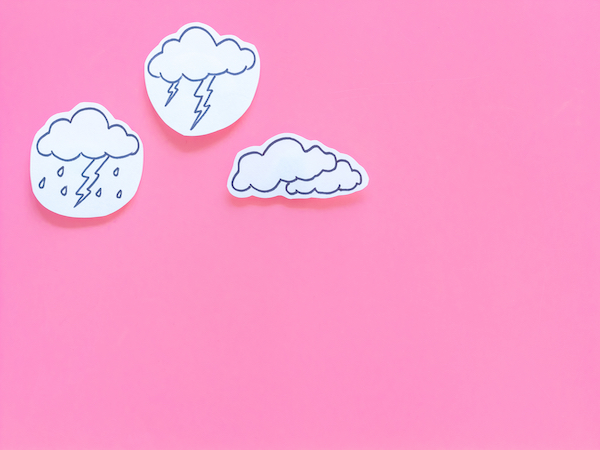Taking care of your skin, sexual and mental health, and making sure you have the healthcare support and access you need count as self-care too.
Self-care covers all of the fun — and not so fun — things you do to take care of yourself. That could mean finding time to move your body, making sure you have the medications you need, and doing things to support your mental health — whether you’re scheduling time with a therapist or finding the mental health treatment that works for you.
In celebration of International Self-Care Day, we asked Felix co-founders Emma Stern and Kyle Zien and Medical Director Dr. Kelly Anderson to tell us how they take care of themselves. We’d love to hear what self-care looks like for you!
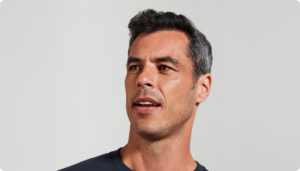
Talk to a healthcare practitioner about treatment
Get support for anxiety, depression, and mental wellness 100% online with fast access to care.
Emma Stern, Co-Founder and COO
What does self-care mean to you?
Reserving the time, and the headspace, to think about my health and taking action whenever needed.
How has your self-care changed in the past year and a half?
The pandemic gave me the time to sit still and be honest with myself about how I am actually feeling, both mentally and physically.
I also had my first baby 11 months ago. It has been a whirlwind and being proactive about my mental and physical health has been essential for me to be the best mother I can be for my daughter.
Where do self-care and healthcare intersect?
Self-care requires you to be proactive about your own healthcare. You have to be your own advocate as a patient and never shy away from being honest about what you need and feel.
What’s your favourite way to practice self-care?
Checking in with myself daily and taking care of any health issues that pop up ASAP. No procrastinating!
Which self-care trend is overrated? Underrated?
Underrated: access to healthcare professionals.
Overrated: yoga.
Kyle Zien, Co-Founder and CEO
What does self-care mean to you?
Investing proactively in actions that make your sense of well-being better. These can be rituals, activities, or daily decisions that contribute to a healthier physical and/or mental state.
How has your self-care changed in the past year and a half?
During the pandemic, it has never been more important to focus on self-care in my opinion. Being locked down gave me the space to focus on what matters most (my well-being) and allowed me to introduce strong rituals — from exercise to daily reading and a healthier diet.
Where do self-care and healthcare intersect?
In many ways, self-care and healthcare mean the same thing to me. I don’t think they should be looked at separately.
What’s your favourite way to practice self-care?
Regular exercise coupled with a healthy diet and an early bedtime! Achievement also contributes a lot to my sense of well-being, so ensuring I am productive and accomplishing things is also key. This is always made easier if I stay dedicated to my self-care rituals.
Which self-care trend is overrated? Underrated?
I don’t think any self-care trend is overrated because quality of life is subjective. Whatever works best for you, you should keep doing.
Dr. Kelly Anderson, Medical Director
What does self-care mean to you?
Self-care seems to be most often attributed to things like getting a massage or taking a bubble bath. Self-care isn’t always glamorous. Usually, it’s radically unglamorous in my life.
It’s getting out for a run even if the weather isn’t spectacular because my body needs it. It’s talking to a family member about a conflict that’s brewed to get it sorted out. It’s setting up RESPs and regular contributions for my kids. It’s forcing myself to a disciplined schedule of the work I actually want and need to get done for my own sanity and satisfaction. Self-care is making sure I know what my life priorities really are, and setting myself up to be looked after in meeting those priorities.
How has your self-care changed in the past year and a half?
This has been a difficult year for doctors and I’ve needed to be more rigorous about self-care. I am sleeping with my phone in another room and limiting extra screen time.
Setting a regular early bedtime and wake-up time has been important. I am more likely to say no to extra obligations when it’s the right answer for me and my family.
It’s always good to remember that no is a complete sentence! I’m trying to have more fun with my kids, we all need a bit of extra fun.
Where do self-care and healthcare intersect?
When we neglect our self-care, we’re more likely to encounter problems with our physical and mental health. In particular, lack of self-care this year (for example, less social connection, less exercise, more screens and fewer boundaries with work) has led to worsened mental health for many Canadians.
We’ve seen more doctor visits, counselling, and medications related to mental health. Self-care is at the foundation of managing mental health.
Sometimes we need support from a doctor, nurse practitioner, psychologist, or health care practitioner to build those self-care foundations like a healthy diet, exercise, sleep, and social support.
What’s your favourite way to practice self-care?
I am a long-distance runner and cyclist. In those sports, my body is best able to metabolize the day-to-day stress of being a doctor and a mom. It’s like a moving meditation!
I also love connecting with my husband, kids, and closest friends. Keeping tight social connections helps me feel my best. And of course, everyone at Felix jokes about my very early bedtime. Sleep is one of my best friends.
Which self-care trend is overrated? Underrated?
I want to see Canadians talking about self-care more realistically. It’s not just visits to the spa, massages, and manicures.
It’s saying no to a late night and getting to bed on time. It’s setting up a savings account, getting outside for a walk every day and turning off your phone in the evening rather than doomscrolling.
It’s getting counselling for an emotional issue if we need it. It’s visiting the doctor to check up on our physical and mental health.
If we aren’t rigorous about our true self-care, no one else will do it for us.
